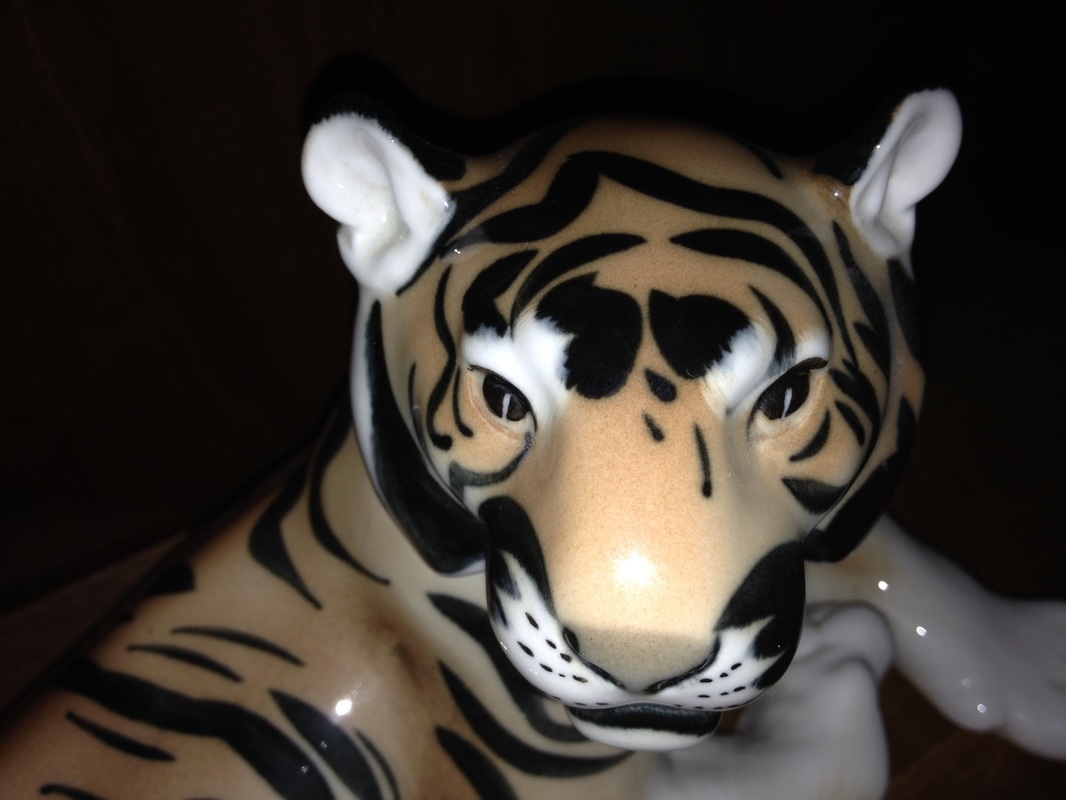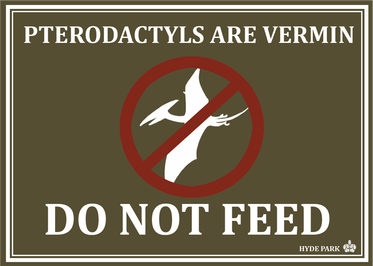I think Charlaine Harris stole the format of this series for her Sookie storyline, but I doubt she got anywhere near what made this book so much fun and near impossible to put down: Odd Thomas's observations and reveries about everything that happens around him. The odd (so odd, the way Odd has conversations with people that never quite intersect what they say in return, the way Odd really is so alone with only his thoughts) story serves as a plate for the main course: what is running through Odd's mind.
Some bites of what is in there:
"Every talent is unearned, however, and with it comes a solemn obligation to use it as fully and as wisely as possible. If I didn't believe in the miraculous nature of talent and in the sacred duty of the recipient, by now I would have gone so insane that I'd qualify for numerous high government positions."
"Anyway, the dead can be even more frustrating to deal with than are many of the living, which is astonishing when you consider that it's the living who run the Department of Motor Vehicles."
"But you can't stand an idea up against a wall and shoot it."
Thoroughly entertaining and enjoyable. Terrifically written. His first name is really Odd, too. I don't know about Dean Koontz's other stories, but I think I would really enjoy reading more Odd Thomas stories.
Lessons for Writers: In reality, we ourselves keep a running commentary of what is happening around us. Perhaps this reaction and involvement with the story by a character is too often forgotten in writing. We remember to write down reactions only in the most rudimentary way, but not the way we really think about things. It's magical almost. And odd!
And lest we forget, Dean Koontz owns airport books sales.



 RSS Feed
RSS Feed